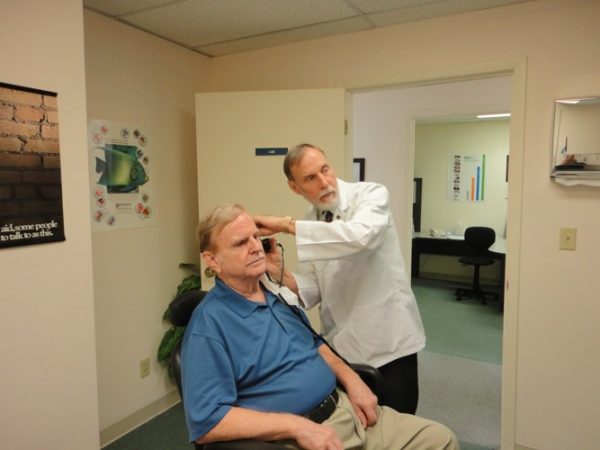
Tinnitus Symptoms, Causes And Prevention
Tinnitus is the perception of noise or ringing in the ears when no external sound is present. It can manifest as ringing, buzzing, hissing, humming, clicking, or whistling sounds, and it may vary in pitch and intensity. Tinnitus is a common condition that affects about 15-20% of people, and it’s especially prevalent among older adults. It can be very distressing and affect a person’s quality of life.
Symptoms of Tinnitus:
- Hearing noises that are not external: The primary symptom is hearing sounds like ringing, buzzing, hissing, or clicking that others cannot hear.
- Volume variation: The loudness of these sounds can fluctuate and may be more noticeable at night or in quiet environments.
- Pulsatile Tinnitus: Some individuals experience a pulsing sound that beats in time with their heartbeat.
- Impact on daily life: Difficulty concentrating, sleeping problems, and emotional distress are common among those with severe tinnitus.
Causes and risk factors:
- Hearing loss: Aging and exposure to loud noise can damage the inner ear, leading to hearing loss and tinnitus.
- Ear and sinus infections: These can increase fluid pressure in the ear, causing tinnitus.
- Earwax blockage: Accumulation of earwax can cause hearing loss or irritation of the eardrum, leading to tinnitus.
- Medications: Certain medications, including some antibiotics, cancer medications, and high doses of aspirin, can cause or worsen tinnitus.
- Other health conditions: Cardiovascular issues, diabetes, TMJ -The temporomandibular joint- disorders, and thyroid problems can contribute to tinnitus.
Prevention and management:
- Protect your ears: Use hearing protection in loud environments, such as concerts or industrial settings, to prevent damage to your hearing.
- Limit exposure to loud noises: Lower the volume on personal audio devices and limit the duration of exposure to loud sounds.
- Manage stress: Stress and anxiety can exacerbate tinnitus, so techniques like meditation, deep breathing, and counseling may help manage its impact.
- Healthy lifestyle: Regular exercise and a healthy diet can help prevent conditions that might lead to tinnitus.
- Regular hearing checks: Especially if you’re exposed to loud noises regularly or at risk of hearing loss.
- Avoid ototoxic medications: If possible, avoid medications known to cause or worsen tinnitus. Always discuss with your doctor for alternatives.
- Sound therapy: Using white noise machines, hearing aids, or sound therapy can help mask the noise and make tinnitus less noticeable.
- Tinnitus retraining therapy (TRT): A type of counseling that aims to help people habituate to their tinnitus, making it less bothersome.
While there is currently no cure for tinnitus, the above preventive measures can significantly reduce its impact on your life. If you are experiencing tinnitus symptoms, it is important to consult a healthcare professional for a proper diagnosis and tailored treatment plan.
Image credit: https://pxhere.com/en/photo/595446 CC0 Public Domain
Author: Sumana Rao | Posted on: April 10, 2024
« Ways To Create A Comfortable Sleeping Environment Canker Sores Symptoms And Prevention »






















Write a comment